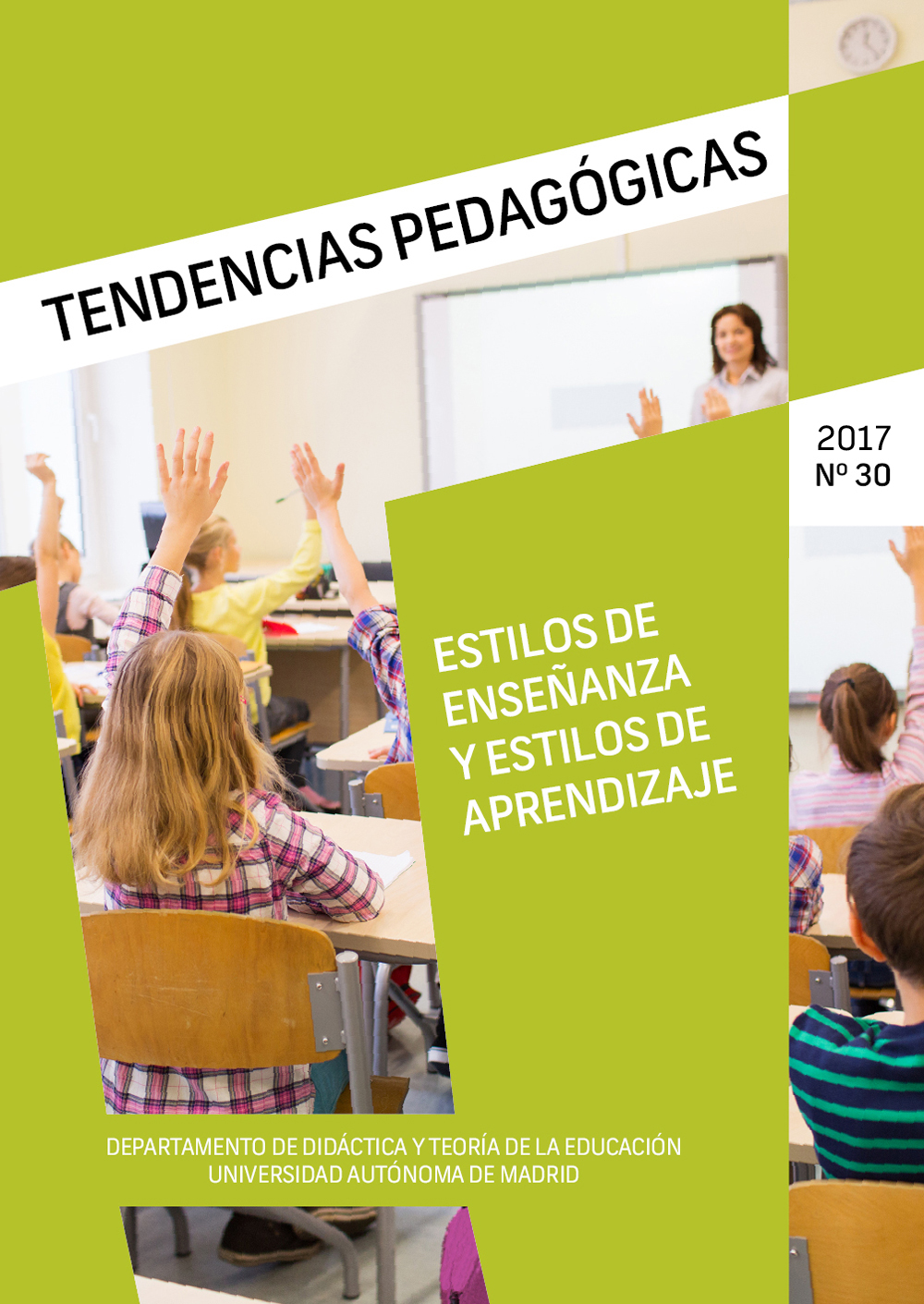Teaching and digital culture: the training of the cyberprofessor
Keywords:
teacher training, digital teachers, digital culture, teaching knowledge, cyberprofessorAbstract
The training of teachers is an exciting and necessary topic to be debated, especially when one approaches the theme of digital culture. Cyberculture is present in social, educational and cultural relations, and it is up to those who think about teacher education, to broaden their eyes on the cyberprofessor. Be updated and connected to the new technological demands in the educational sphere is a major challenge for the teacher and also to the school. This theoretical essay seeks to reflect on the digital culture present as a challenge in the training of digital teachers, in a context of ongoing formation, with the purpose of reflecting on the subject and pointing out some possible ways to align necessary knowledge for the educational context.Downloads
References
Candau, V. M. (Org.). (1997). Magistério: construção cotidiana. Petrópolis: Vozes.
Cerutti, E. & Giraffa, L. M. M. (2015). Uma nova juventude chegou à universidade: E agora, professor? Curitiba, Brasil: EDITORA CRV.
Cristensen, M.; Horn, M. & Staker, H. (2013). Ensino Híbrido: uma inovação disruptiva. Uma introdução à teoria dos híbridos. Instituto Península (Trad.). Fundação Lemann. Porto Alegre: Penso.
Cunha, M. I. (2003). O Bom Professor e sua Prática. 10. ed. Campinas, SP: Papirus.
Fadel, C.; Bialik, M. & Trilling, B. (2015). Educação em Quatro Dimensões: As competências que os estudantes devem ter para atingir o sucesso. Instituto Península e Instituto Ayrton Senna (trad.)
Fazenda, I. C. A. (1991). Interdisciplinaridade: um projeto em parceria. 5ª edição. São Paulo. Edições Loyola.
Freire, P. (1982). Ação Cultural Para a Liberdade. 6 ed., Rio de Janeiro,
Paz e Terra.
Freire, P. (2002). Pedagogia da Autonomia: Saberes necessários à prática educativa. 24. ed. São Paulo. Paz e Terra.
Freire, W. (org.) (2011). Tecnologia e educação: As mídias na prática docente. 2. ed. Rio de Janeiro: WAK. https://doi.org/10.5902/198464441465
Horn, M.; Cristensen, M. & Staker, H. (2013). Ensino Híbrido: uma inovação disruptiva. Uma introdução à teoria dos híbridos. Instituto Península (Trad.). Fundação Lemann. Porto Alegre: Penso.
Imbernón, F. (2009). Formação permanente do professorado, novas tendências. São Paulo: Cortez.
Imbernón, F. (2011). Formação Docente e Profissional: formar-se para a mudança e a incerteza. 9 ed – São Paulo: Cortez, 2011.
Lévy, P. (1999). Cibercultura. Tradução Carlos Irineu da Costa. São Paulo: Editora 34.
Martins, F. S. S. (2012). A utilização das novas mídias na sala de aula. Profissão Mestre. v. 2. n. 153. Julho 2012.
Nóvoa, A. (1992). Os Professores e a sua Formação. Coleção temas de Educação. Portugal: Dom Quixote LTDA.
Nóvoa, A. (2015). Nada será como antes. Revista Pátio. Porto Alegre. n. 72. p. 18-21 nov/jan.
Papert, S. (2002). A máquina das crianças: repensando a escola na era da informática. Porto Alegre. ARTMED, 2002.
Pimenta, S. G. & Lima, M. S. (1999). Estágio e docência. 5a ed. São Paulo: Cortez.
Pimenta, S. G. (2011). Didática e Formação de professores: percursos e perspectivas no Brasil e em Portugal. 6ª Ed. São Paulo: Cortez.
Prensky, M. (2005). Digital natives, digital immigrants. MCB University Press, 2001. Traducido por Roberta de Moraes Jesus de Souza. Disponible en: http://www.colegiongeracao.com.br/novageracao/2_intencoes/nativos.pdf Acceso en: oct, 2005.
Pretto, N. L. & Silveira, S. A. (2008). Além das redes de colaboração: internet, diversidade cultural e tecnologias do poder. Salvador. EDUFBA. https://doi.org/10.7476/9788523208899
Ramal, A. (2010). Os desafios da década para a inclusão digital na escola. Pátio: Revista pedagógica. n. 53, ano 14. Abril.
Tardif, M. (2008). Saberes Docentes e Formação Profissional. 4. ed. Petrópolis, RJ: Vozes.
Valente, J. A. (2014). Blended learning e as mudanças no ensino superior: a proposta da sala de aula invertida. Educar em Revista, Curitiba, Brasil, Edição Especial. Ed. UFPR. https://doi.org/10.1590/0104-4060.38645
Varis, T. & Torneiro, José Manuel Pérez (2012). Civilización Tecnológica y Cultura Mediática. In: Alfantización Mediática y nuevo humanismo. UNESCO.
